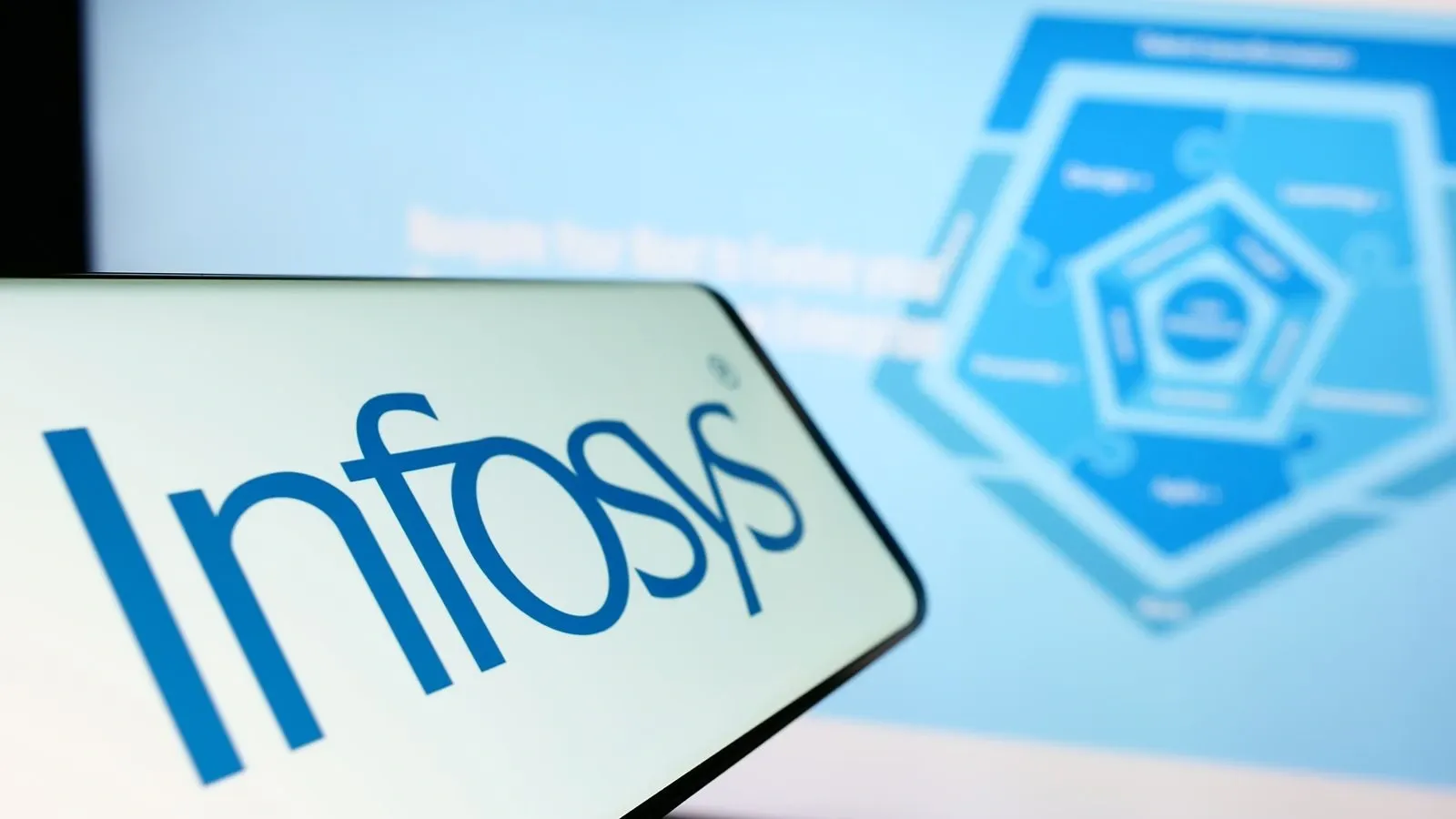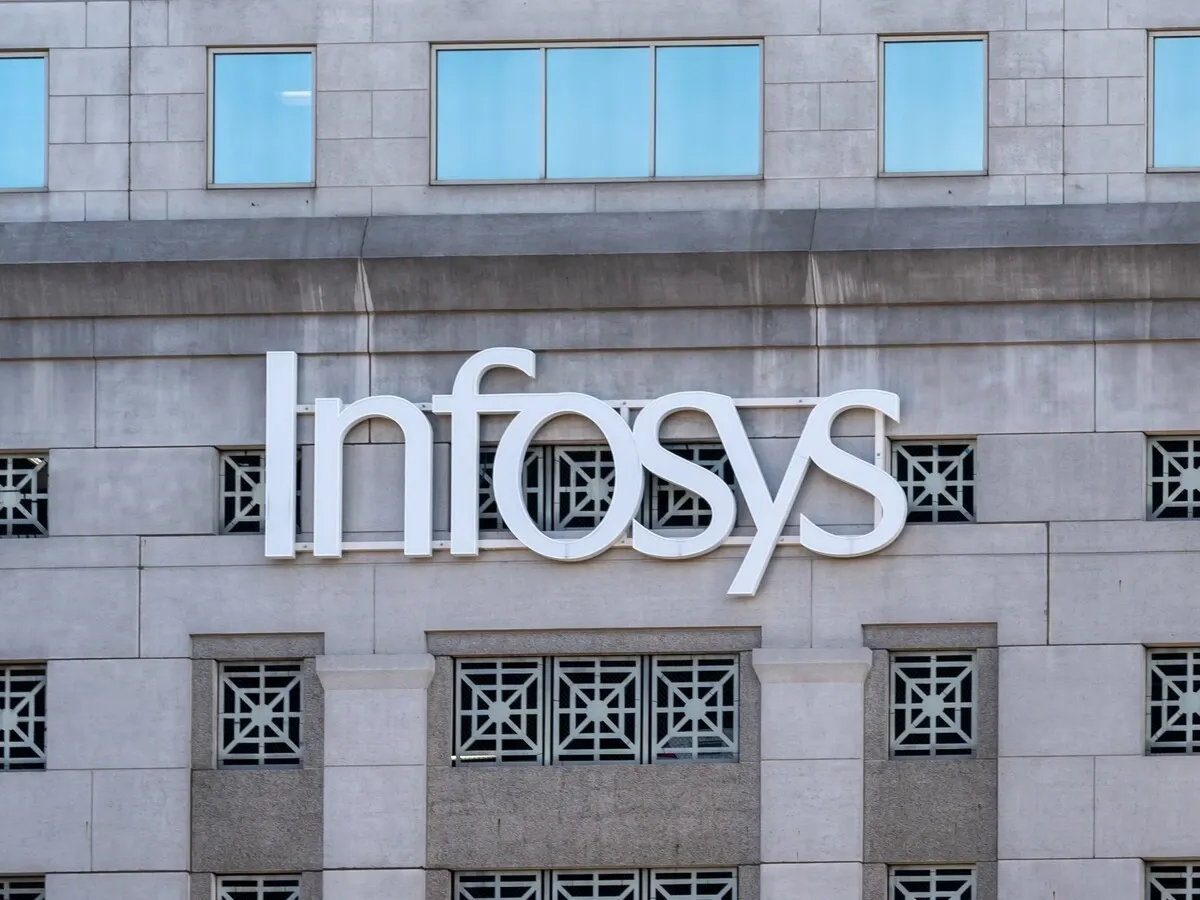Market News
Infosys buyback: IT major's ₹18,000 crore share repurchase programme to open on November 20; all FAQs answered
.png)
5 min read | Updated on November 19, 2025, 13:29 IST
SUMMARY
Infosys buyback: The company aims to buy back 10 crore fully paid-up equity shares of a face value of ₹5 each, representing up to 2.41% of the total paid-up equity share capital, at ₹1,800 per share.
Stock list

Infosys had announced its first share buyback programme in 2017. | Image: Shutterstock
Buyback: Number of shares to be bought back
The company aims to buy back 10 crore fully paid-up equity shares of a face value of ₹5 each, representing up to 2.41% of the total paid-up equity share capital, at ₹1,800 per share.
"The eligible shareholders can tender their equity shares during the tendering period, i.e., from November 20, 2025, to November 26, 2025.
"The buyback is being undertaken by the company after taking into account the strategic and operational cash needs of the company in the medium term and for returning surplus funds to the shareholders in an effective and efficient manner in line with its capital allocation policy," Infosys said.
The buyback is divided into two categories: reserved (small shareholders) and the general category. The reservation for small shareholders will be 15% of the number of equity shares that the company proposes to buy back, or their entitlement, whichever is higher.
A small shareholder is an individual who holds equity shares with a market value of not more than ₹2,00,000 as of the record date. There are 25,85,684 small shareholders of Infosys.
Infosys' Buyback Record Date
The date for the purpose of determining the entitlement and the names of the eligible shareholders was November 14, 2025.
Entitlement ratio
The ratio of buyback from the reserved category is set at 2:11; that is, 2 equity shares for every 11 equity shares held. For the general category, the ratio is 17:706.
In a share buyback (tender offer), two related terms often appear: 'entitlement' and 'entitlement ratio'. Here’s what they mean.
-
Entitlement refers to the maximum number of shares a shareholder is allowed to tender (offer) for buyback, based on their shareholding on the record date.
-
It does not guarantee that all those shares will be accepted—it's simply the allowed limit for tendering.
-
The entitlement ratio tells shareholders how many of their shares will be accepted by the company for buyback, relative to the number of shares they hold.
1:10
3:50
7%
0.15 shares per share held
Example: Entitlement ratio = 1:10
For every 10 shares you hold, you are entitled to tender 1 share in the buyback.
This ratio is calculated based on:
The total buyback size
The number of eligible shareholders
Shareholder category (retail, general, etc.)
Infosys' Buyback history
The company had announced its first share buyback programme in 2017. Infosys, at that time, had purchased 11.3 crore shares, or up to 4.92% of the paid-up equity share capital of the company, for ₹1,150 per equity share, amounting to around ₹13,000 crore.
The Bengaluru-headquartered company had, in 2022, announced a share buyback of ₹9,300 crore via an open market route for a maximum price of ₹1,850 per equity share.
The second buyback was worth ₹8,260 crore in 2019, the third was ₹9,200 crore in 2021, and the fourth was ₹9,300 crore in 2022-23.
Promoters' stance
Infosys promoters and the promoter group, including Nandan M Nilekani and Sudha Murty, have decided not to participate in the buyback.
The promoters collectively hold 13.05% of the company's equity as of the buyback announcement date.
Infosys buyback: Purpose
Infosys intends to steadily increase its annual dividend per share (excluding any special dividends). The buyback is expected to enhance shareholder value over the long term by reducing the equity base.
"Effective from financial year 2025, the Company expects to continue its policy of returning approximately 85 per cent of the free cash flow cumulatively over a 5-year period through a combination of semi-annual dividends and/or share buybacks/special dividends, subject to applicable laws and requisite approvals, if any," according to the company’s stated Capital Allocation Policy.
What analysts are saying
When the buyback was first announced, analysts covering the IT sector noted that such a move is one of the strongest signals of management’s confidence in the company’s future. Even after a difficult year—during which Infosys’ share price fell sharply—the company’s solid cash reserves enable it to reward shareholders while indicating that current valuations are compelling.
Over the past year, Infosys has faced several challenges, including a slowdown in discretionary tech spending, regulatory uncertainties in the US, and an industry-wide shift toward AI-driven solutions. These factors have dampened sentiment and kept the stock under pressure.
Despite these near-term headwinds, Infosys retains strong underlying fundamentals: a healthy deal pipeline, steady cash flows, and a well-established global reputation as a reliable IT partner. The buyback underscores management’s belief that these strengths position the company for sustained growth as technology budgets recover and AI adoption accelerates.
How shares are performing
Related News
About The Author
Next Story


